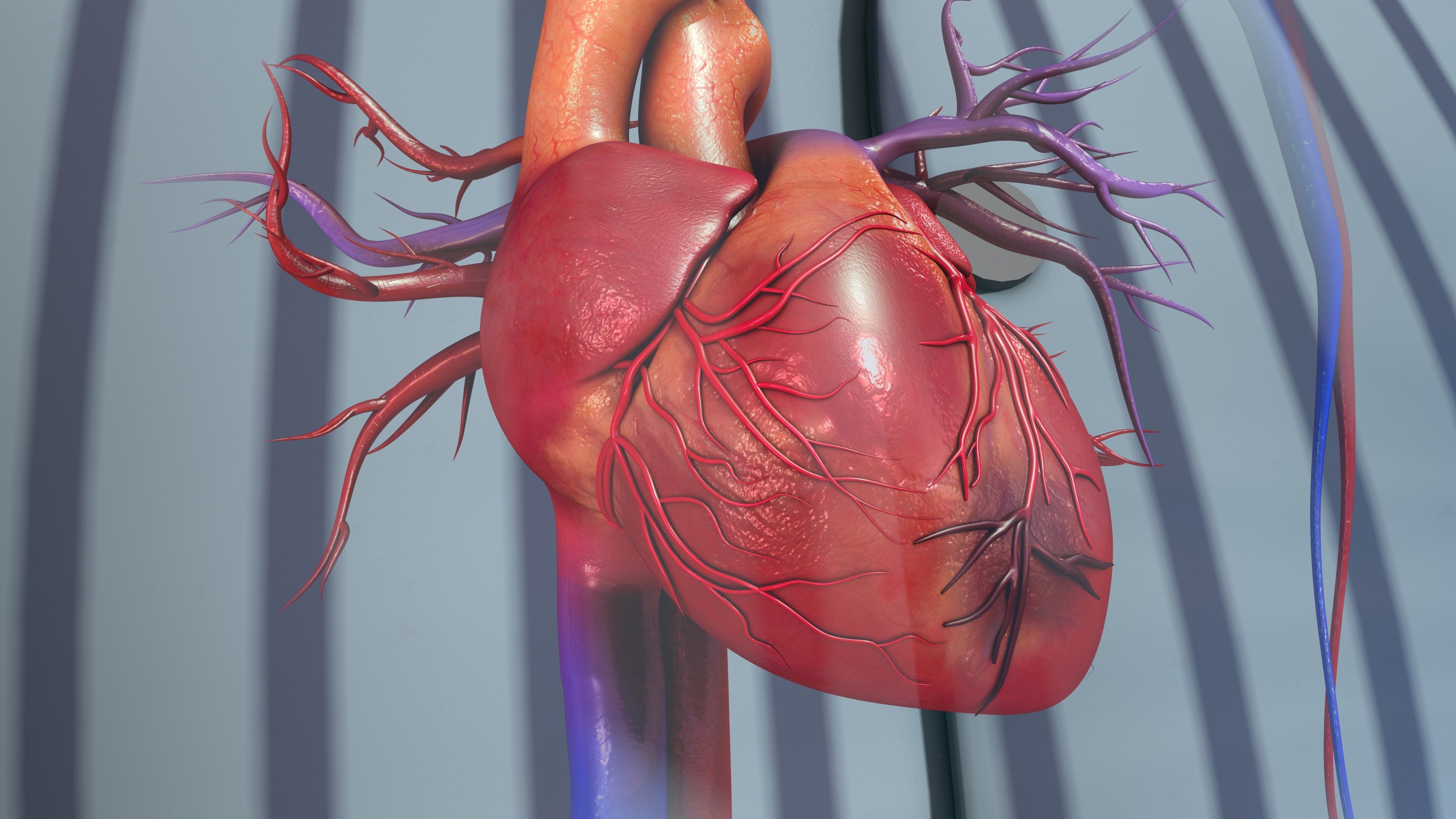
Those who are diagnosed with coronary heart disease (CHD) may be at an increased risk for cognitive decline in later years, according to research recently published in the Journal of the American College of Cardiology. The researchers found that patients’ scores on cognitive tests decreased faster after they had been diagnosed with CHD than they did prior to diagnosis, indicating that the disease could impair mental function.
“This study adds to the increasing body of literature that showcases how the heart and brain work together,” said Dr. Neelum T. Aggarwal, director of research for the Rush Heart Center for Women and a cognitive neurologist at its Cardiology Cognitive Clinic. “We are now seeing more issues related to cognitive function from heart disease as more people are living longer, and also undergoing more heart procedures, and placed on medications.” Aggarwal was not involved in this research.
The authors noted that although previous work has suggested that CHD may be associated with cognitive decline, none have identified the level of decline before and after onset of CHD. To investigate this, the researchers conducted a study including 7,888 participants with an average age of 62 years and no history of stroke. These patients underwent cognitive testing at baseline in 2002-2003, and at least one other time point between 2004 and 2017. Diagnosis of angina or myocardial infarction at follow-up marked the onset of CHD.
The researchers found that incident CHD was correlated with a faster decline in cognition at follow-up (median follow-up time=12 years). Specifically, they found that global cognition, verbal memory, and temporal orientation scores decreased much faster after CHD diagnosis than before the event. No short-term cognitive decline was seen in patients with CHD after diagnosis. The rate of cognitive decline in patients before the onset of CHD was similar to that in participants who never experienced CHD.
“Teasing out what contributes the most to cognitive decline may be difficult, as persons with heart disease have multiple medical conditions operating at the same time,” Aggarwal explained. She also noted that use of medication is an important factor to consider as well.
Though these changes in cognitive scores appear to be fairly minor, the authors of the study claim that “even miniscule differences in cognitive function can result in a substantially increased risk of dementia over several years.”
CHD is one of the leading causes of death worldwide and is more likely to develop with age. Being that age-related cognitive decline has already been documented, this research indicates that these older patients might be at a heightened risk for cognitive decline if they have experienced CHD.
“First step is to encourage patients to tell their physicians about their memory concerns,” said Aggarwal. “Often patients don’t mention this.”
Aggarwal encourages physicians and their patients to review medications to ensure that these drugs are taken as intended. She says that lifestyle changes are important to discuss as well to promote things like positive mood and sleep.
“What is good for your heart is good for your head,” Aggarwal said.
Quotes obtained from CNN
A new study published in the Journal of the American College of Cardiology found that scores on cognitive tests — including verbal memory & orientation of time — dropped faster after patients received a diagnosis of coronary heart disease. https://t.co/nesuOpqpfE
— INTEGRIS Health (@integrishealth) June 23, 2019







 © 2025 Mashup Media, LLC, a Formedics Property. All Rights Reserved.
© 2025 Mashup Media, LLC, a Formedics Property. All Rights Reserved.